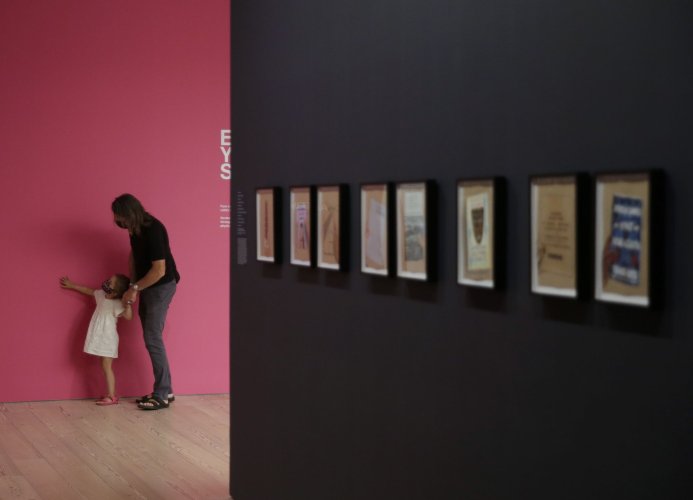Experts with the World Health Organization said Tuesday that there is emerging evidence that the coronavirus may be airborne and pose risks to those in closed, poorly ventilated areas. Photo by Stephen Shaver/UPI |
License Photo
July 8 (UPI) -- The World Health Organization has acknowledged emerging evidence that indicates the coronavirus disease may be transmitted through the air.
During a news briefing on Tuesday, WHO health experts responded to an open letter signed by 239 scientists urging the U.N. body to recognize the potential for airborne spread of COVID-19 and to adopt measures to prevent such transmission.
Maria Van Kerkhove, an epidemiologist and the WHO's technical lead for COVID-19, said health experts have been reviewing the evidence and discussing the possibility of airborne transmission of COVID-19 and have been working on a scientific brief summarizing their findings to be released in the coming days.
The WHO has said the disease is transferable through droplets, but that form of transmission is different from airborne transmission. Airborne transmission of COVID-19 is possible, the WHO said, under specific circumstances and settings, especially in healthcare facilities, in which procedures or treatments generate aerosols.
In the letter, the scientists said their studies have demonstrated "beyond any reasonable doubt" that COVID-19 is released during breathing, talking and coughing as microdroplets small enough to remain aloft in the air, posing a risk of airborne infection beyond three to 6.5 feet from the infected person, particularly indoors.
The scientists said the reluctance of health organizations, including the WHO, to acknowledge airborne transmission outside those specific healthcare settings is concerning and warned that "the lack of clear recommendations on the control measures against the airborne virus will have significant consequences."
The WHO has had "active engagement" with the group of scientists since they first wrote to the U.N. organization in April, Van Kerkhove said, noting that it is important that what they know about the disease fits into their guidance.
"[A] comprehensive package of interventions are required to stop transmission," she said, adding they are "looking at the role of airborne transmission in other settings."
Benedetta Allegranzi, the WHO's global unit coordinator for infection prevention, said during the briefing that the organization acknowledges there is "emerging evidence" of airborne transmission but "it is not definitive."
"Therefore, the possibility of airborne transmission in public settings, especially in very specific conditions -- crowded, closed poorly ventilated settings -- that have been described, cannot be ruled out," she said. "However, the evidence needs to be gathered and interpreted."
Tedros Adhanom Ghebreyesus, director general of the WHO, said "the outbreak is accelerating and we have clearly not reached the peak of the pandemic." He also announced a team of WHO experts will travel this weekend for China to prepare a plan for identifying where the virus came from.
The virus emerged in the central Chinese city of Wuhan late last year, but the United States, Australia and other countries have been calling for an independent probe into its origins after accusations that the Chinese government attempted to cover up its initial response.
China has said it told the WHO as early as possible about its outbreak, but the U.N. body revised its timeline last month to show it learned of the outbreak from Wuhan's health commission, and not directly from Chinese officials.
The Trump administration has accused the WHO of enabling China in its cover up, which was a key reason that led President Donald Trump to send formal notice to Congress and the United Nations Tuesday of a withdrawal from the organization.
Tedros finished his opening remarks to the meeting Tuesday by calling for unity in the face of the pandemic.
"I will say it again, national unity and global solidarity are important more than ever before to defeat a common enemy, a virus that has taken the world hostage," he said. "This is our only road out of this pandemic."
Visitors wear face masks as they tour the Whitney Museum of American Art as it reopens on September 3. Photo by John Angelillo/UPI |
License Photo
















